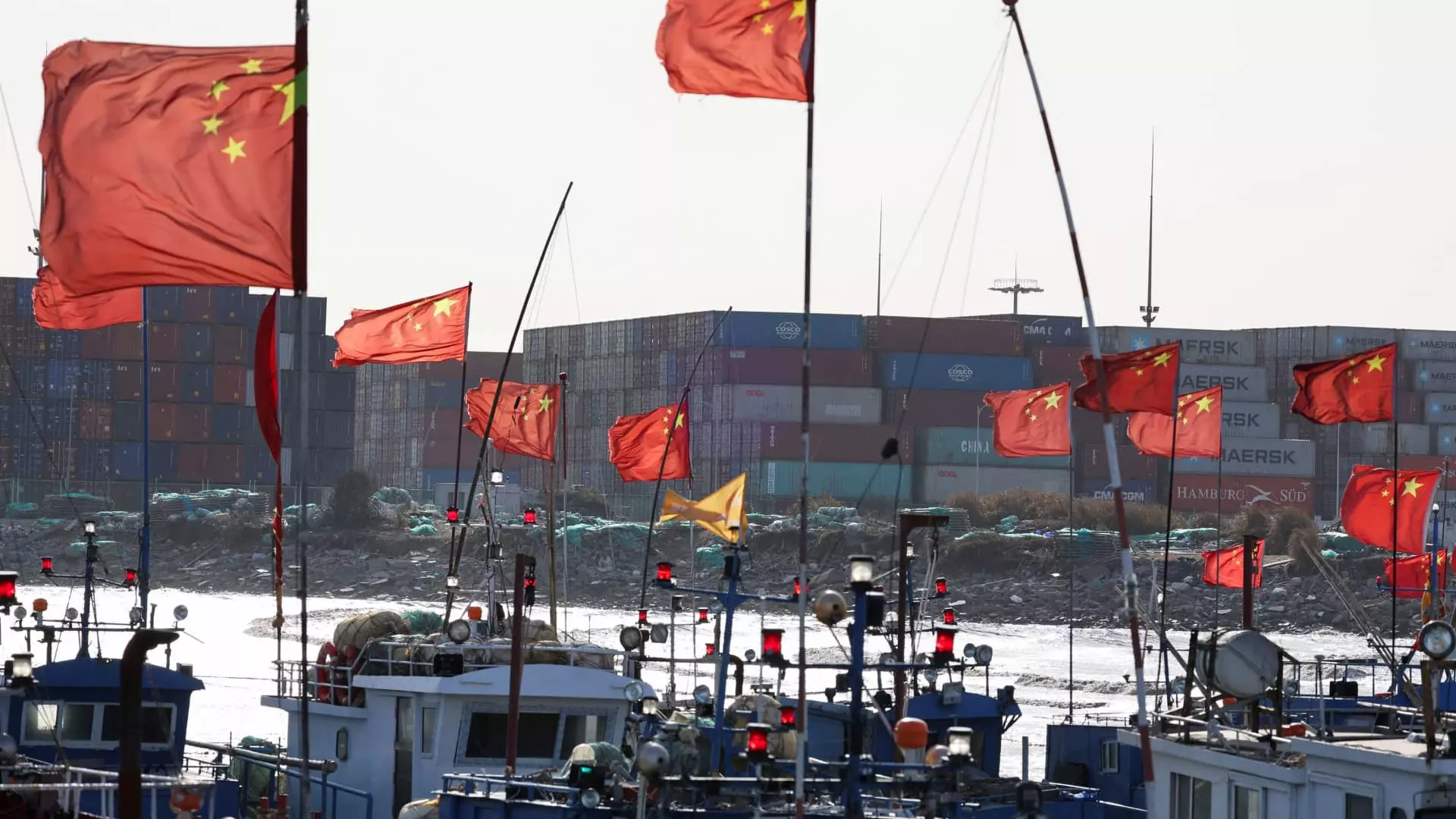Recent reactions from China to the joint G-7 statement on maritime safety raise important questions about the nature of diplomacy in the 21st century. The G-7, comprising some of the most influential democracies, condemned China’s “illicit, provocative, coercive, and dangerous actions” in a statement that sought to address escalating tensions in the South China Sea and around Taiwan. China’s subsequent rebuttal was not just typical diplomatic bluster; it was an aggressive denunciation filled with rhetoric that reflects a grand geopolitical narrative—one that pits the rising power against established democracies. The question arises: Is this a healthy display of national pride, or is it a thinly veiled threat aimed at coercion rather than diplomacy?
A Sea of Claims and Controversies
China’s extensive claims over the South China Sea, a vital commercial conduit for global trade, have sparked frequent clashes with other nations, particularly the Philippines. Beijing operates under the belief that claiming nearly the entire area allows for a sphere of influence that it must protect at all costs. The G-7’s condemnation of such claims, especially in connection with Taiwan, triggers a defensive stance from China that can easily be interpreted as intimidation. This raises an eyebrow—how does one interpret the actions of a nation that prioritizes territorial claims above international norms and agreements?
The continuing military maneuvers and the establishment of artificial islands that serve not just commercial but also military purposes allow us to see how China views maritime power. This aggressive posturing can be interpreted not only as a means to secure trade routes but also to assert dominance and instill fear among its regional neighbors. Yet, the response from the G-7 illustrates a unified stance against this form of coercion. Such bold statements from Western democracies are significant; they indicate a collective awareness and willingness to stand up against assertive authoritarianism.
The Taiwan Strait: A Flashpoint
The focus on Taiwan in the G-7 statement cannot be understated. The strait remains a crucible of tension, with China’s claims over Taiwan being non-negotiable regardless of evolving circumstances. Here, the threat of force looms large. China’s dispatch of ships and warplanes near Taiwan signifies a clear message: the island’s autonomy is challengeable. The G-7’s reaffirmation of its commitment to peace in the region underscores a strategic alliance aimed at stabilizing international security.
However, this commitment begs the question of how far Western democracies are willing to go to uphold Taiwan’s autonomy. The notion of “freedom and security” takes on a fresh perspective when one considers the economic repercussions of military conflict in the region. For all their bravado, one must wonder if the G-7’s moral stance translates into tangible support if the situation deteriorates.
The Language of Diplomacy
China’s reaction—characterized by accusations of “arrogance and prejudice” toward G-7 nations—illustrates the degree to which language shapes international relations. It reveals an anxious defensiveness rooted in a perception that Western powers are trying to contain China’s rise. This defensive posturing often leads to heated exchanges steeped in historical grievances and national pride. Here lies the duality of diplomacy: nations must navigate the fine line between expressing legitimate concerns and risking the aggression of those they wish to engage.
Let us not ignore the implications of unilateral actions taken by China, such as military drills with little advance notice, which disrupt international air travel and raise alarms. These actions highlight the potential consequences of a superpower willing to disregard established conventions. The G-7’s failure to mention recent military drills may represent a strategic oversight; silence on these provocations risks normalizing China’s aggressive behavior.
Power Projections and Global Imbalances
China’s navy has expanded to include three aircraft carriers, with a fourth on the way. This military escalation has international observers echoing concerns over the shifting balance of power. As China extends its naval capabilities globally, its presence in the Horn of Africa and elsewhere signifies a new era of maritime dominance. It begs deeper scrutiny of how a nation might utilize such power: for cooperation or imperial designs?
In an era when international relations are tenuous at best, the landscape becomes murky. Will nations stick to the collaborative ideals of mutual respect and responsibility, or will the specter of power struggle rule the day? The G-7’s condemnation must be viewed as both a challenge and a necessary avenue for discourse; however, whether it will lead to significant action or just be another chapter in the narrative of diplomatic exchanges remains to be seen.



Leave a Reply